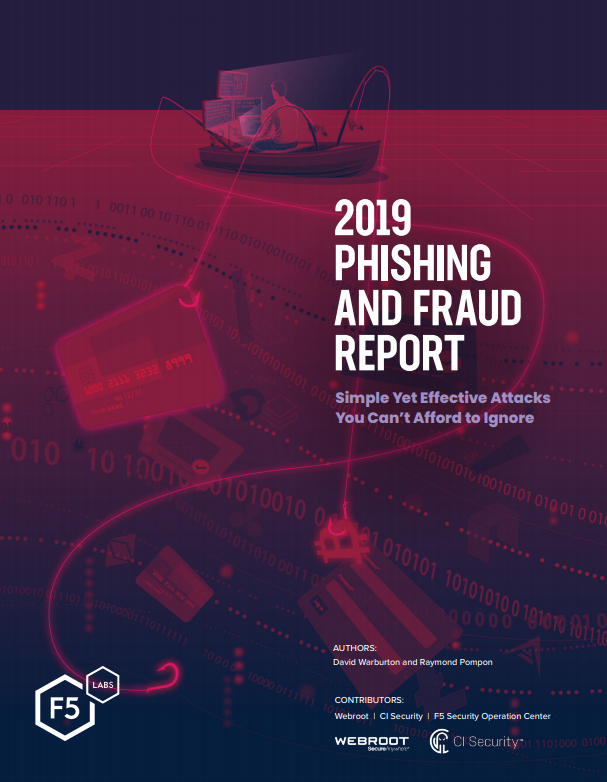Sports industry urged to reform cyber security after £1m Premier League phishing scam
NCSC report argues greater awareness is needed as industry attacks surge


The managing director of a Premier League football club narrowly avoided losing £1 million during a transfer window after their email account was targetted by hackers.
The incident has sparked calls for greater cyber security awareness in the sporting industry, one that can prove to be particularly lucrative for hackers.
The unnamed club was saved at the last minute by the other club's bank, which intervened when it was clear that the money was being sent to a fraudulent account, according to a National Cyber Security Centre (NCSC) report.
The incident is almost an exact replica of the successful phishing scam against Italian club Lazio in 2018, which resulted in €2 million being lost to scammers.
According to the report, the managing director of the unnamed Premier League club had entered his credentials into a spoofed Office 365 page operated by hackers. When the transfer window opened, the thieves possed as this MD to intercept the transfer negotiations, talking directly to the European club attempting to buy a Premier League player. The European club's bank managed to spot the discrepency during payment in time, halting the transfer.
This is just one of a number of security incidents the NCSC has used in The Cyber Threat to Sports Organisations report to highlight just how lucrative the industry is to hackers. According to the report, at least 70% of sports institutions suffer a cyber incident every 12 months, which is more than double the average of UK businesses.
Another example from the football league saw a ransomware attack shut down a club's stadium. The hack encrypted all of the club's IoT devices, resulting in the loss of locally stored data and the shutdown of its stadium turnstiles, which almost resulted in the postponement of a fixture.
Get the ITPro daily newsletter
Sign up today and you will receive a free copy of our Future Focus 2025 report - the leading guidance on AI, cybersecurity and other IT challenges as per 700+ senior executives
The club was asked to pay 400 Bitcoin to get its systems back online, which it ultimately refused. According to the NCSC report, the attacker remains unknown, but the attack was likely preceeded by either a phishing email or a remote access hack through its CCTV system.
RELATED RESOURCE

"While cyber security might not be an obvious consideration for the sports sector as it thinks about its return, our findings show the impact of cyber criminals cashing in on this industry is very real," said Paul Chichester, director of operations at the NCSC.
"I would urge sporting bodies to use this time to look at where they can improve their cyber security - doing so now will help protect them and millions of fans from the consequences of cyber crime."
Away from football, phishing scams using a spoofed eBay account managed to pull in approximately £15,000 from staff members at a racecourse. An organisation that holds athlete performance data also had a compromised Office 365 email account that had been automatically forwarding personal information to a hacker's email address.
Around 30% of the incidents in the report caused direct financial damage, with an average of £10,000 being lost each time. The biggest single loss was £4 million, according to the NCSC.
Bobby Hellard is ITPro's Reviews Editor and has worked on CloudPro and ChannelPro since 2018. In his time at ITPro, Bobby has covered stories for all the major technology companies, such as Apple, Microsoft, Amazon and Facebook, and regularly attends industry-leading events such as AWS Re:Invent and Google Cloud Next.
Bobby mainly covers hardware reviews, but you will also recognize him as the face of many of our video reviews of laptops and smartphones.
-
 Should AI PCs be part of your next hardware refresh?
Should AI PCs be part of your next hardware refresh?AI PCs are fast becoming a business staple and a surefire way to future-proof your business
By Bobby Hellard
-
 Westcon-Comstor and Vectra AI launch brace of new channel initiatives
Westcon-Comstor and Vectra AI launch brace of new channel initiativesNews Westcon-Comstor and Vectra AI have announced the launch of two new channel growth initiatives focused on the managed security service provider (MSSP) space and AWS Marketplace.
By Daniel Todd